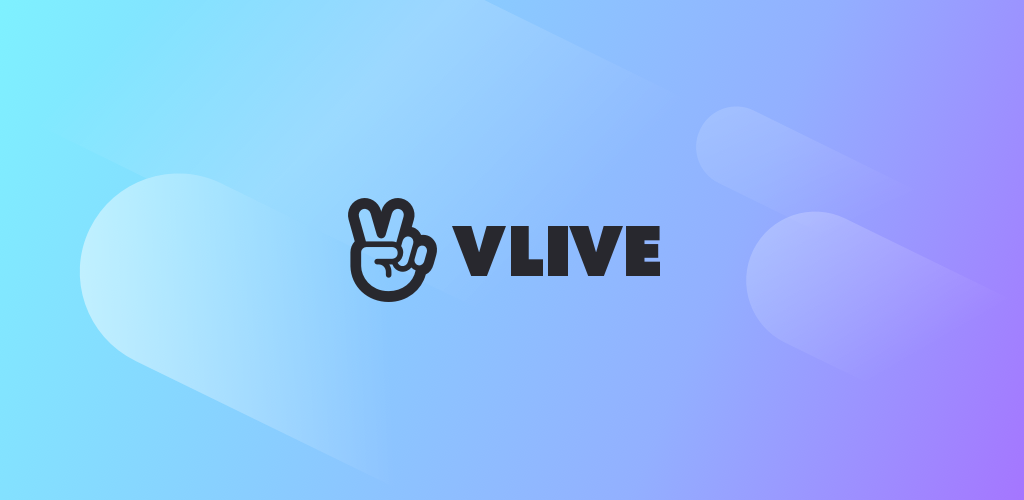The learning struggle
I’ve used a lot of apps and platforms that have been developed to enhance the language learning experience. I wanted to learn Spanish because it was my ultimate dream to watch “Case de Papel” without any subs. So I tried doing Duolingo, watching Youtube videos, listening to podcasts and memorizing vocabulary using flashcards. But they were never enough. In fact, I always felt that something was missing.
And it was the lack of having a conversation with a native speaker.
AI has been used by a lot of students, to increase their skills, fix the mistakes by providing a safe space for feedback for improvement(Du, J., & Alm, A, 2024). Moreover, it’s not just the students who gain advantages from integrating AI in their journey. Even teachers use AI and have said that the majority of them find their experience much better as they have used AI in creating lesson plans, modules, creating assessments and others (Nugroho et al, 2024).

Retrieved from: Ds. Prodco(2023)Language Learning with ChatGPT: A Step-By-Step Guide to Fun and Effective Language Learning with Chat GPT.
How I use Chat as my language tutor
Recently, the majority of people use AI tools to even learn a new language. There are pretty much tons of prompts available on the internet, even targeted at everyone’s level of fluency. There are prompts for beginners who like to improve on their grammar, for advanced learners who like to improve their speaking skills. And this is insane, that we are now even “customizing” the AI experience.
There are many advantages in learning a new language with AI. Firstly, I could do daily conversation practice by using the voice message tools. I could set up ChatGPT as a Spanish speaker and we could converse with each other via voice message. This helped me to improve my fluency in speaking skills and pronunciation.
It’s not just the technical skills but I could also ask ChatGPT about cultural related questions, then it would bring it up real quick, a very clear and straightforwarded answer that sometimes even a native speaker would take time.
Why it works?
I think its because there is zero embarrassment first of all. A lot of speakers who learn a new language are scared of making mistakes but with ChatGPT, knowing that this is AI, people can confidently make mistakes and learn from it. And also, pretty much affordable and cheaper than hiring a language tutor.

Retrieved from: Steve Kaufmann(2024).”How to use ChatGPT to learn a language: tips and prompts.”
Things for improvement
Enhancing the small details would be amazing. Lets say including some features like dialect, or slang would be nice. But I think maybe in the future adding features like ChatGPT tracks the learning progress, remembers the verb and grammatical weaknesses of the user, and slowly blends it in the daily conversation.
Looking forward to the future where AI has developed even better than now and gives us unique and upgraded experiences.
References
Du, J., & Alm, A. (2024). The Impact of ChatGPT on English for Academic Purposes (EAP) Students’ Language Learning Experience: A Self-Determination Theory Perspective. Education Sciences, 14(7), 726. https://doi.org/10.3390/educsci14070726
Nugroho, A., Putro, N. H. P. S., Syamsi, K., Mutiaraningrum, I., & Wulandari, F. D. (2024). Teacher’s Experience Using ChatGPT in Language Teaching: An Exploratory Study. Computers in the Schools, 1–20. https://doi.org/10.1080/07380569.2024.2441161


